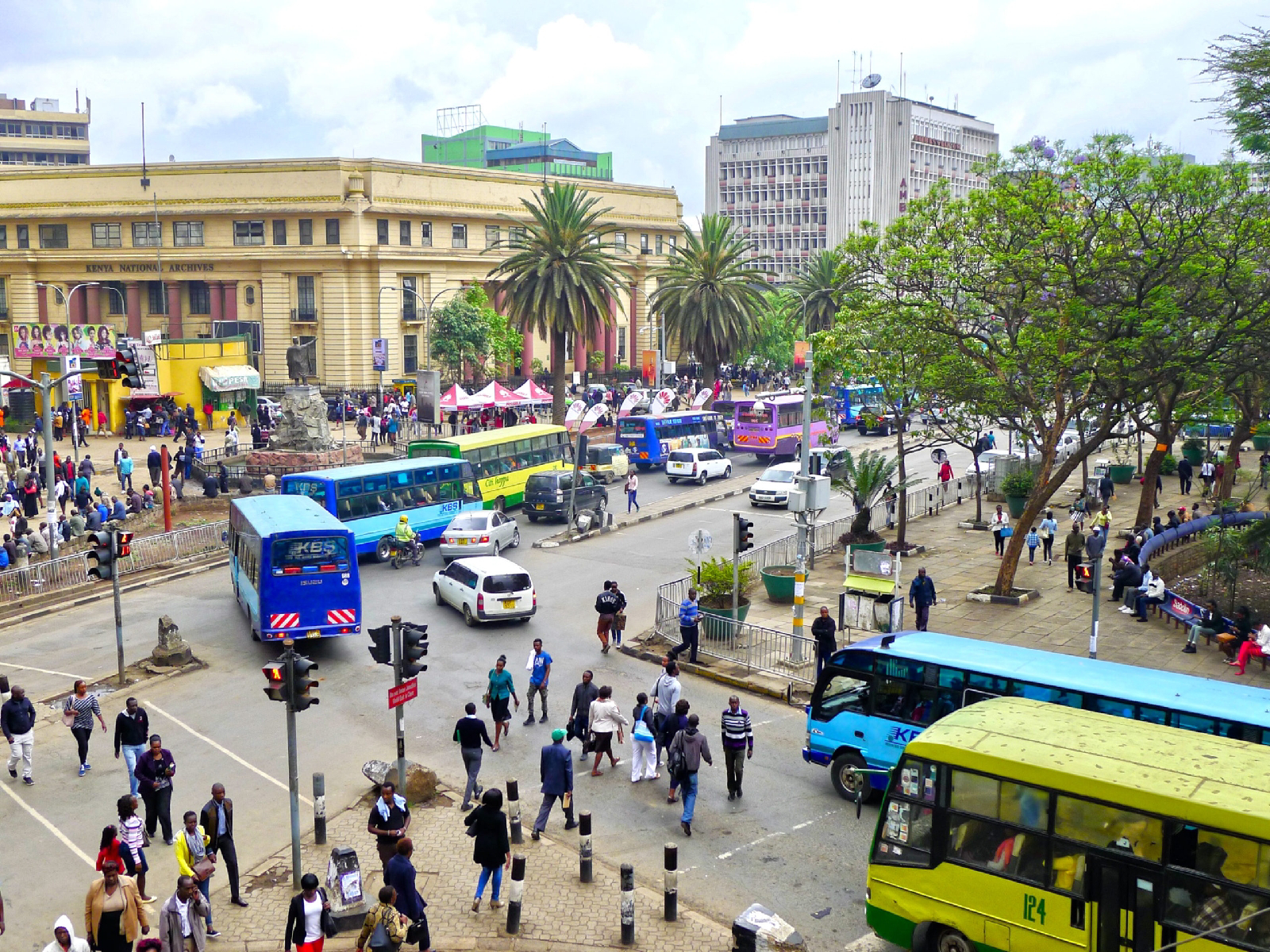Uber Boosts Kenya's Economy with KSh 14.1 Billion Contribution in 2023
In a significant milestone, Uber's inaugural Kenya Economic Impact Report has revealed the tech giant's substantial contribution to the country’s economy in 2023, amounting to an estimated KSh 14.1 billion.
Commissioned by Uber and conducted by research firm Public First, the report breaks down the impact of Uber’s operations in Kenya, detailing benefits for local businesses, drivers, delivery partners, and the tourism sector.
The report highlights how the Uber Eats platform created KSh 534 million in additional value for local restaurants by providing a scalable delivery service that connects eateries with a broader customer base. This contribution enabled restaurants to increase revenue during challenging economic conditions.
Moreover, the Uber app played a pivotal role in boosting the tourism industry, generating KSh 2.7 billion in additional value. The platform facilitated millions of tourist journeys, reinforcing Uber's role in promoting local travel and tourism.
“Through the Uber Eats platform, we have brought value to restaurants, retailers, and merchants by expanding their reach to a wider customer base,” said Kui Mbugua, General Manager for Uber Eats Kenya. “This has helped to boost the local economy while supporting enterprise and small businesses.”
Uber’s economic impact report also underscores the importance of the platform for drivers and delivery partners, who benefit from flexible and independent earning opportunities. According to the findings, 57% of drivers and delivery partners chose Uber over other employment options because of the autonomy it offers.
The report also reveals that 87% of drivers used their Uber earnings to cover essential bills, reflecting the platform's role in supporting financial stability for many Kenyan households.
For some, the financial benefits have been life-changing. A 47-year-old driver from Kiambu shared, “I earned enough money to take my son to high school through only the Uber app. My son and I have never forgotten that.”
In a year marked by economic challenges, 65% of drivers cited rising living costs as a primary motivation for joining the Uber platform, viewing it as a vital means to sustain their income amidst increased financial pressures.
The Uber app has also become a favored choice among consumers for its convenience and safety. In 2023, 36% of Kenyan adults used Uber Eats to order food or essentials, with convenience and quick delivery times being the top reasons for its popularity. Additionally, 96% of female riders emphasized safety as a key reason for choosing Uber, with many viewing it as the safest way to travel at night.
The app has proven to be a significant resource for work-related travel, with 80% of riders using it for business purposes. It also supports social and leisure activities, with 64% of users turning to Uber for transport to parties or festivals, and 53% using the service to reach airports.
Uber’s influence is particularly evident in the nighttime economy, where it contributed KSh 167 million in added value. The platform’s flexibility allows Kenyans to access bars, clubs, and restaurants safely at night, further fueling local businesses.
“The data from the report shows that Uber has a net positive contribution to the Kenyan economy,” said Imran Manji, Uber’s Head of East Africa.
“Our commitment remains to continue to find ways to help Kenyans go anywhere and get anything while creating positive experiences that enable drivers and delivery people to earn sustainably on the platform.”
Uber’s Economic Impact Report will serve as a benchmark for the company’s future contributions in Kenya, guiding efforts to support local businesses and empower workers in the coming years. As Uber continues to grow in the country, the company aims to further align its operations with Kenya’s priorities for economic development and innovation.
The report marks a significant step in demonstrating how digital platforms like Uber can positively impact economies by creating opportunities for various stakeholders, from individual entrepreneurs to large-scale businesses.





Comments
Post a Comment